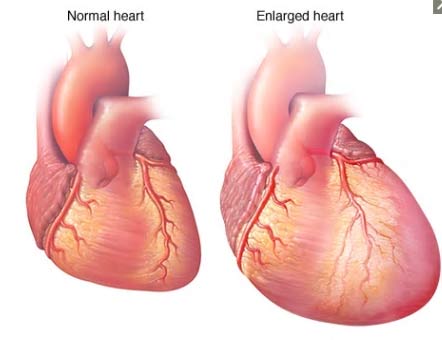Heart Failure
In 2020, it was estimated that Heart Failure affect 480,000 Australians, with an additional 60,000 new diagnoses every year.
What does Heart Failure mean?
Heart failure is a term used when your heart is unable to pump blood as well as it should.

What causes Heart Failure?
There are certain conditions and risk factors for heart failure, including:
- High blood pressure,
- Coronary artery disease,
- Heart attacks,
- Diabetes,
- Sleep apnoea,
- Viruses,
- Alcohol use,
- Congenital heart defects,
- Valvular heart disease,
- Obesity, and
- Irregular heartbeats.
The above risk factors can gradually cause your heart muscle to become weaker or stiff. Resulting in it becoming harder for the heart to pump efficiently.
What are the symptoms of Heart Failure?
The symptoms of heart failure may include:
- Shortness of breath when you exert yourself,
- Fatigue and weakness,
- Swelling in your legs ankles or feet,
- Rapid irregular heart rate,
- Reduced ability to exercise,
- Persistent cough,
- Increased need to urinate at night,
- Very rapid weight gain from fluid,
- Lack of appetite,
- Sudden shortness of breath and coughing up pink foamy mucus.
What is the treatment for Heart Failure?
Heart failure is a lifelong condition however various treatment options can improve symptoms.
Medications prescribed by your specialist to manage heart failure may include blood pressure tablets, fluid tablets, and medications to control your heart rate.
Treatment may also include surgery and medical devices such as:
- Coronary artery bypass,
- Heart valve repair or replacement,
- Implantable cardioverter-defibrillators,
- Cardiac resynchronisation therapy (CRT),
- Heart transplant.
Palliative care and end-of-life care may be suggested as a treatment plan, focusing on easing your symptoms and improving your quality of life.
Speak to our Doctors at Newcastle Heart about treatment options that may benefit you.
